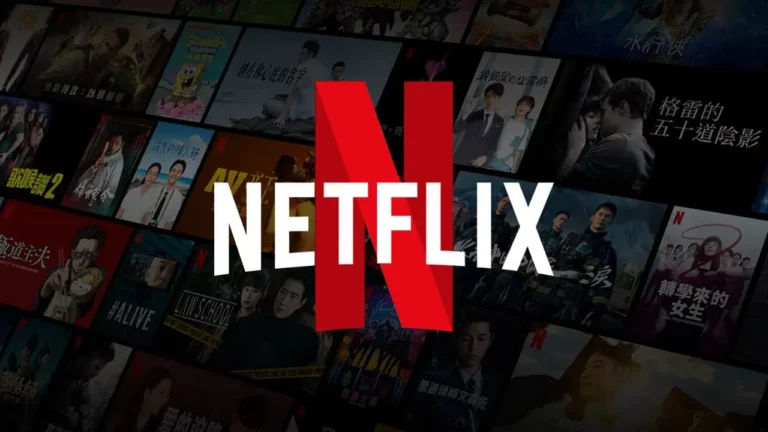Botswana is set to introduce new legislation that would allow the government to tax multinational digital platforms such as Netflix, YouTube, and Amazon for revenue earned within the country. This move comes as part of a broader effort to ensure fair taxation in the digital economy and to capture income that currently goes untaxed under existing laws.
According to Phodiso Valashia, Commissioner of Customs Services at the Botswana Unified Revenue Services (BURS), the government is working on a bill that will be presented during the winter session of parliament. The bill aims to address how online service providers—particularly those without a physical presence in Botswana—can be brought into the tax net.
Valashia noted that digital platforms continue to generate significant income from Botswana users, yet no direct taxation is currently collected from them. He pointed out that the new legislation is necessary to ensure the country receives its fair share of revenue from these services, especially as more consumers turn to streaming content and online shopping.
Leading the legislative process is Finance Minister Ndaba Gaolathe, who is expected to present the bill to parliament. The proposed law would empower tax authorities to implement mechanisms for collecting tax from international tech companies, possibly through value-added tax (VAT) on digital services or other forms of digital service levies.
The rise of e-commerce and digital streaming in Botswana has created a growing gap in taxation policy. While local businesses are required to comply with VAT and other tax regulations, global digital companies are often exempt due to their lack of a physical footprint in the country. This disparity has prompted the government to act swiftly to close legal loopholes and modernize its tax laws in line with global trends.
Botswana would not be the first country to implement such measures. Several nations, including South Africa and Kenya, have already introduced digital service taxes aimed at capturing revenue from companies that operate online but earn substantial income from local markets.
If passed, the legislation could pave the way for Botswana to join a growing number of countries demanding greater accountability and contribution from global digital giants. It would also mark a significant shift in how tax policy is applied in the digital age, potentially setting a precedent for further tax reforms in the region.
As Botswana positions itself for a more digitally integrated economy, the move to tax online platforms signals a clear intent to modernize fiscal frameworks and ensure sustainable domestic revenue collection.










